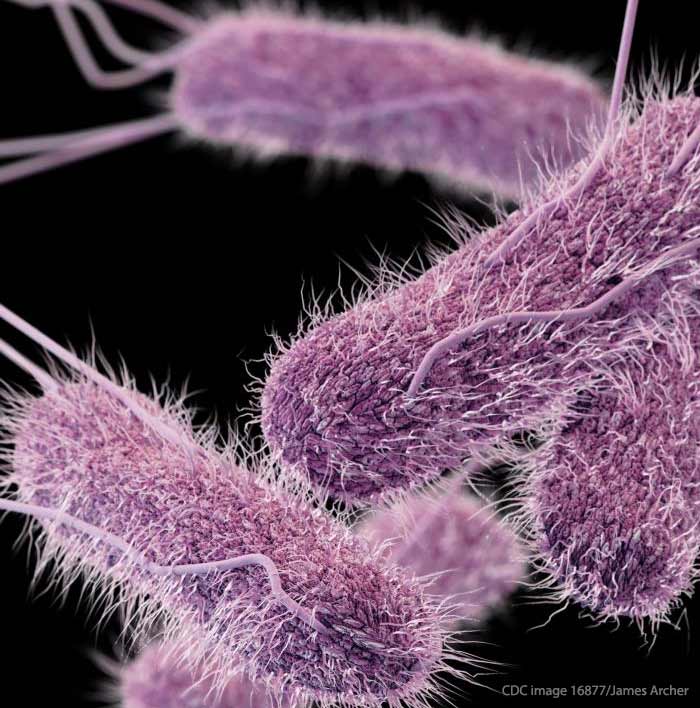The U.S. Department of Agriculture’s (USDA) Food Safety and Inspection Service (FSIS) today announced that it will soon begin sharing more food safety data specific to slaughter and processing facilities in the United States on Data.gov. This data is gathered by about 7,500 food safety inspectors employed by FSIS who work in more than 6,000 meat, poultry and processed egg facilities across the country and more than 120 ports of entry.
The goals for this data are as follows, according to FSIS:
- allow consumers to make more informed choices;
- motivate individual establishments to improve performance;
- provide better insights into strengths and weaknesses of different practices, leading to industry-wide improvements in food safety.
“FSIS’ food safety inspectors collect vast amounts of data at food producing facilities every day, which we analyze on an ongoing basis to detect emerging public health risks and create better policies to prevent foodborne illness,” said USDA Deputy Under Secretary for Food Safety Al Almanza. “Consumers want more information about the foods they are purchasing, and sharing these details can give them better insight into food production and inspection, and help them make informed purchasing decisions.”
The new datasets will begin to publish on Data.gov on a quarterly basis starting 90 days after publication in the Federal Register. Datasets slated for public release include the following:
- Shiga-toxin producing E. coli (STEC) and Salmonella sampling data for raw ground beef, beef trim, and beef components, and follow-up sampling data;
- Listeria monocytogenes and Salmonella sampling data for certain ready-to-eat products and processed egg products;
- Salmonella and Campylobacter sampling and serotype data for young turkey carcasses, chicken parts (legs, breasts and wings), comminuted chicken, and comminuted turkey;
- Chemical residue sampling data from routine testing;
- Advanced Meat Recovery sampling data and follow-up sampling.

FSIS will look at a number of factors to determine if this new data availability has an impact on food safety and public health.
We applaud this move towards transparency.
Our lawyers help people sickened by food contaminated with life threatening pathogens, including Campylobacter, E. coli, Listeria and Salmonella.